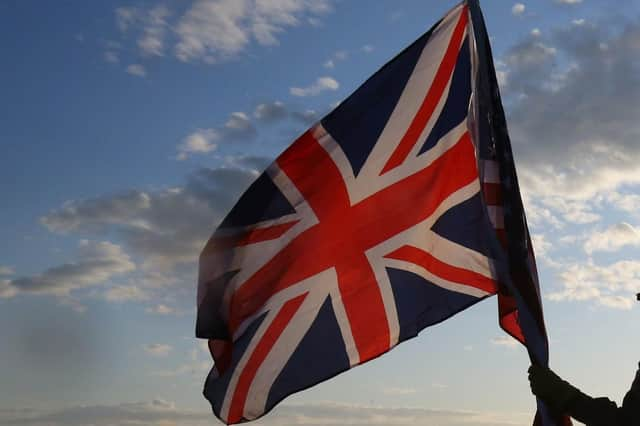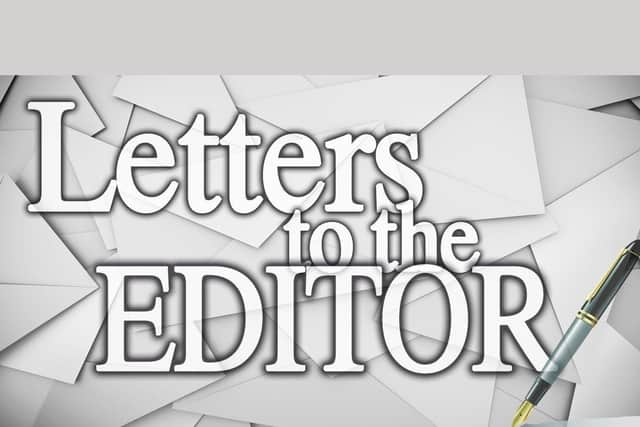Letter: Post empire building and decline, and post devolution, the UK as a parliamentary union no longer exists


The DUP, and Northern Ireland unionists in general, appear to want Northern Ireland to be fully integrated into the UK.
They see the Brexit-created trade/customs border in the Irish Sea as a diminution of NI’s relationship with the rest of the UK. The DUP seemingly ignore the fact that they championed Brexit.
Advertisement
Hide AdAdvertisement
Hide AdFull integration would entail a return to the post 1801, pre 1921, relationship minus the Republic of Ireland (RoI), ie direct rule from Westminster.


From 1921, when NI was given its own devolved government, NI was no longer a fully integrated part of the UK.
The 1707 UK concept was for a single parliament to rule two separate kingdoms, Scotland and England-Wales. By the chance of heredity in 1603 the two kingdoms had come to be headed nominally by the same monarch but they remained, and still remain, as two distinct countries. The title ‘United Kingdom’ (of Great Britain) came into being only on the union of the Scottish and English parliaments in 1707.
Ireland had become a subject territory of England, and subsequently of the UK. It had its own parliament. It was not part of the UK. After the 1798 rebellion the Irish parliament was incorporated into the UK unitary parliament in 1801.
Advertisement
Hide AdAdvertisement
Hide AdIn 1921 the unitary parliament of Great Britain and Ireland ceased to exist. NI with its own new parliament was at arms length from GB, a privilege enjoyed and abused by NI unionists.
With further devolution in 1999 to Scotland and Wales the unitary parliamentary UK of GB concept no longer exists. GB has reverted to the pre 1707 relationship and NI has reverted to the pre 1801 relationship.
Full reintegration would involve the dissolution of the devolved parliaments in Scotland, Wales and NI and subjection to an English majority parliament.
These islands do need some form of mutually beneficial unity, in or out of the EU, but not in the present or historical form.
Advertisement
Hide AdAdvertisement
Hide AdAn alternative form is presented in the Belfast / Good-Friday Agreement. Maximum devolution to all identifiable regions, including to England; dissolution of the Westminster UK parliament; a Council of Devolved Governments, including the RoI, Isle of Man and Channel Islands.
Any necessary trade/customs border between GB and RoI/EU via NI would no longer appear to diminish NI’s relationship with the rest of the UK.
The UK simply would not be an entity. In reality, post empire building and decline, and post devolution, the UK as a parliamentary union no longer exists. It ended in 1921.
Dennis Golden, Strabane